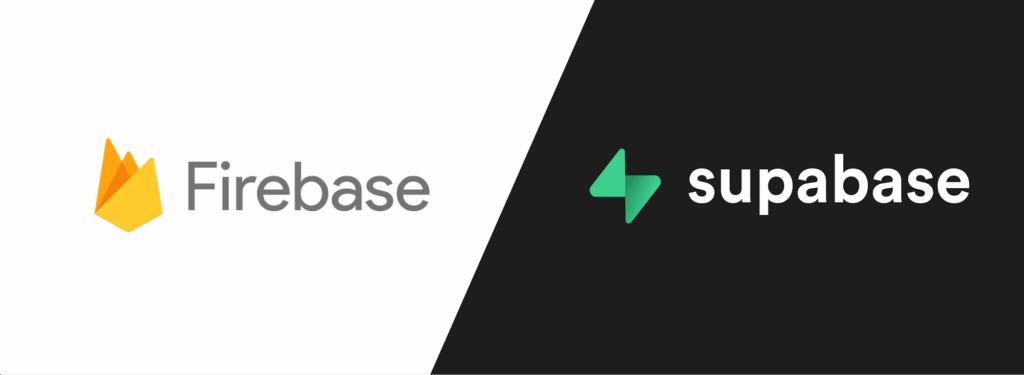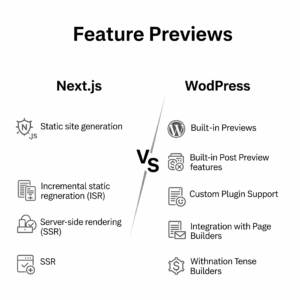Introduction
When launching MVPs in 2025, the backend choice plays a critical role in product speed, scalability, and future-proofing. While Firebase has long been a popular option for building fast and scalable apps, Supabase has emerged as a strong, open-source alternative—offering modern tooling, SQL support, and a developer-first experience.
Here’s why Supabase is now our go-to backend for MVP development.
1. Open Source & Fully Transparent
Supabase is open source and built on battle-tested technologies like PostgreSQL. This means:
- Full visibility and control over backend logic
- The freedom to self-host or migrate if needed
- No vendor lock-in or opaque pricing models
Firebase, by comparison, is proprietary and tightly coupled with Google Cloud.
2. SQL & PostgreSQL vs NoSQL (Firestore)
Supabase uses PostgreSQL, a powerful relational database. This allows for:
- Familiar SQL queries
- Relational modeling with foreign keys
- ACID compliance and robust indexing
- Support for extensions like
pgvector(great for AI features)
Firestore (Firebase’s database) is NoSQL, which can introduce complexity when dealing with relational data or advanced queries.
3. Real-Time Updates, Built on PostgreSQL
Supabase includes real-time capabilities out of the box. Developers can:
- Subscribe to changes via WebSockets
- Use the same database schema for reads and subscriptions
- Debug easily with transparent data flow
It’s real-time without the guesswork.
4. Modern Developer Experience
Supabase ships with everything needed to build modern apps:
- PostgreSQL database with visual management via Supabase Studio
- Auth with OAuth, magic links, and email/password
- Object storage for media uploads
- Edge functions written in TypeScript (powered by Deno)
- Great CLI and APIs with full TypeScript support
Firebase also offers strong tooling, but Supabase provides a more open, flexible, and composable stack.
5. Simple & Secure Authentication
Supabase Auth supports:
- Major OAuth providers (Google, Apple, GitHub, etc.)
- Magic links and passwordless login
- Built-in email/password support
- PostgreSQL row-level security (RLS) for fine-grained access control
This makes it easy to implement scalable and secure auth from day one.
6. Edge Functions for Custom Logic
Supabase Edge Functions enable developers to write and deploy serverless functions at the edge:
- Low latency
- TypeScript-native
- Ideal for business logic, webhooks, and auth handling
Firebase Cloud Functions are powerful, but setup and cold-start times can be limiting for lightweight MVPs.
7. Transparent & Predictable Pricing
Supabase offers a generous free tier for early-stage products:
- 500 MB database storage
- 50 MB file storage
- 50,000 monthly active users on Auth
- Unlimited projects (for free users)
Costs scale predictably as apps grow—no unexpected charges based on read/write counts or bandwidth, as is often the case with Firebase.
8. Flexibility & Vendor Neutrality
With Supabase and PostgreSQL:
- Apps can scale to any Postgres-compatible provider
- Data can be migrated easily
- Developers can work with familiar tools and conventions
Firebase apps, while quick to build, can become difficult to migrate due to tight coupling with the Google ecosystem.
Conclusion
In 2025, Supabase has become a production-ready, developer-friendly alternative to Firebase—while still excelling at rapid MVP development. With its SQL-first foundation, open-source ecosystem, and integrated tooling, Supabase strikes a balance between speed and scalability.
For teams building fast, and thinking long-term, Supabase is a top choice.

